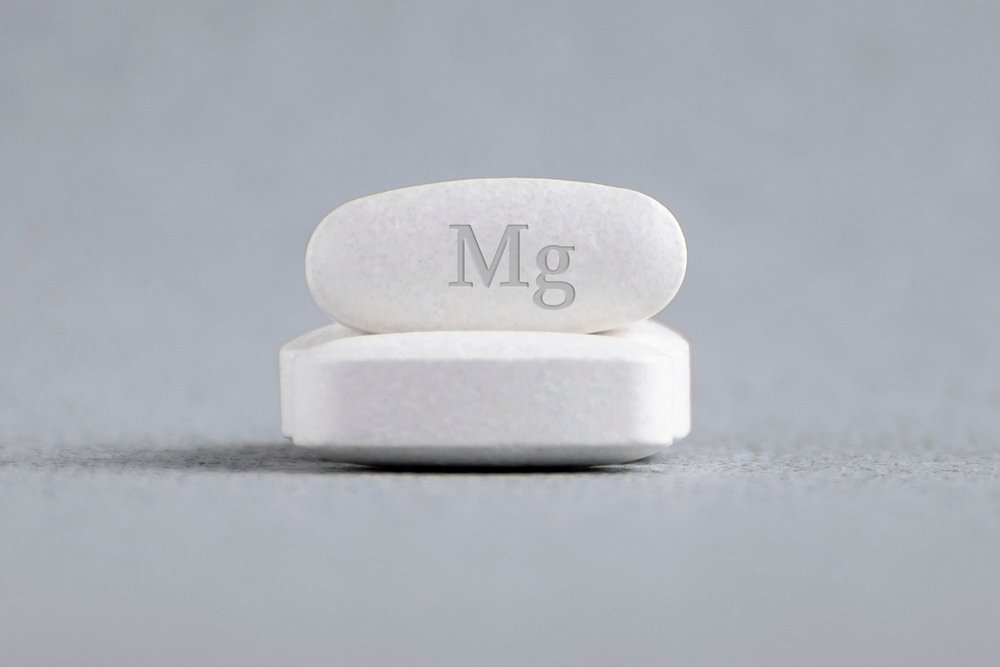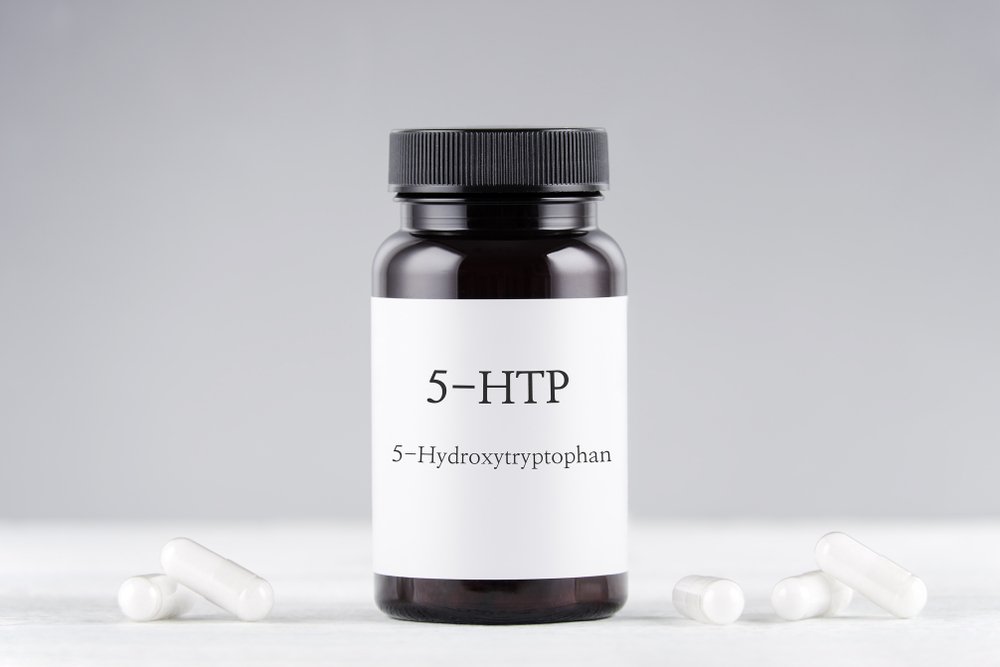8. Magnesium Supplements
 Taking nutritional supplements is quite common in today’s modern world, to help supplement a healthy diet to meet various health needs. Some people find that magnesium supplements help relieve some of the symptoms associated with fibromyalgia, which are pain and disturbed sleep.
Taking nutritional supplements is quite common in today’s modern world, to help supplement a healthy diet to meet various health needs. Some people find that magnesium supplements help relieve some of the symptoms associated with fibromyalgia, which are pain and disturbed sleep.
Magnesium is an essential mineral for many different biological functions, including bone and muscle health. They are found in cashews, Brazil nuts, almonds, beans, seeds, avocado, buckwheat, quinoa, tofu, bananas, and green leafy vegetables. Studies show that a magnesium deficiency can lead to “muscle aches, sleep difficulties, and anxiety, all of which are common symptoms of fibromyalgia.”
Therefore, this has led some researchers to suggest that magnesium deficiency “may play a role in the development of fibromyalgia.” Taking magnesium citrate, a popular dietary supplement, can “significantly reduce” pain intensity, the number of tender points and feelings of depression after eight weeks. Additionally, magnesium can also help promote better sleep, helping you fall asleep faster and stay asleep longer. The NHS recommends 300 mg of magnesium per day if you take a supplement, in addition to eating magnesium-rich foods naturally.
9. 5-HTP Supplements
 Another supplement that can help you manage fibromyalgia symptoms is 5-HTP or 5-hydroxytryptophan. 5-HTP is an amino acid naturally produced by the body and used to make serotonin. Serotonin is a neurotransmitter that transmits messages from the brain to the rest of the body via the nervous system.
Another supplement that can help you manage fibromyalgia symptoms is 5-HTP or 5-hydroxytryptophan. 5-HTP is an amino acid naturally produced by the body and used to make serotonin. Serotonin is a neurotransmitter that transmits messages from the brain to the rest of the body via the nervous system.
Low levels of serotonin are associated with anxiety, depression, and sleep disturbances. Therefore, helping the body by taking 5-HTP supplements can help produce serotonin and reduce anxiety, depression, and insomnia, which are common symptoms of fibromyalgia. People with fibromyalgia have been found to be more likely to have naturally low serotonin levels. Therefore, some types of antidepressant medications are prescribed to people with fibromyalgia, due to their ability to help increase serotonin production.
5-HTP supplementation has been shown to significantly reduce pain intensity and the number of tender points in fibromyalgia patients. The same study also found that 100 mg of 5-HTP three times daily helped improve insomnia, fatigue, anxiety, and muscle stiffness after 30 days.
10. Melatonin Supplements
 Melatonin is a natural hormone produced at night by a part of the brain called the pineal gland. His primary responsibility is to control our natural sleep cycles. It results in darkness, and then when the morning light comes on, production decreases, signaling to the body that it needs to be awake.
Melatonin is a natural hormone produced at night by a part of the brain called the pineal gland. His primary responsibility is to control our natural sleep cycles. It results in darkness, and then when the morning light comes on, production decreases, signaling to the body that it needs to be awake.
For this reason, some people take melatonin supplements to help reduce the effects of jet lag if they travel a lot across different time zones. In the UK, melatonin is only available on prescription for a short period and is prescribed to help with jet lag and insomnia in adults over 55 years old. In most of Europe, as well as Canada and Australia, it is also illegal to buy melatonin without a prescription, but it is readily available as a dietary supplement in the United States and some other countries.
Melatonin is sometimes prescribed to help with the disturbed sleep associated with fibromyalgia. Studies have shown that it can be a safe alternative treatment for people with fibromyalgia. It can also help relieve pain and mood swings. If you are interested in taking a melatonin supplement, talk to your doctor. It is worth considering that melatonin can also reverse its intended use, by disrupting the sleep-wake cycle, causing you to feel awake from sleep. It can also cause dizziness, headache, nausea, anxiety, and diarrhea.






